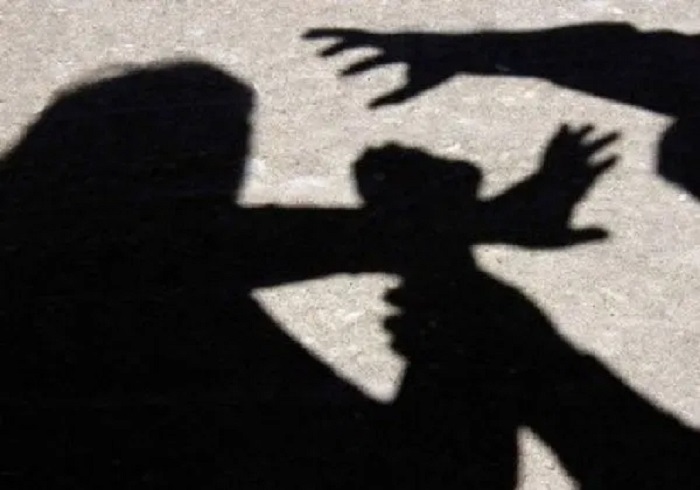By Abimbola Abatta
According to the United Nations Children’s Fund (UNICEF), millions of girls and boys worldwide face sexual abuse and exploitation every year. In May 2021, Nigeria’s Minister of Women Affairs, Senator Pauline Tallen, said 30 percent of women and girls between the ages of 15 and 49 experience different forms of sexual abuse. Religious institutions are not left out, as women and girls, even boys, fall prey to sexual abuse at the hands of fake religious leaders. Clamping down the activities of religious institutions where sexual abuse is perpetrated is the first step in the right direction. There is also the need for constant advocacy and education to curtail the spread of sexual abuse. There is also the need for constant advocacy and education to curtail the spread of sexual abuse.
Sexual abuse in religious establishments cuts across different religions. Following the numerous proofs of the prevalence of sexual abuse in Nigeria, it is high time Nigeria introduced measures to disrupt the abnormality of sexual abuse in religious institutions.
Apart from social stigma, fear of threats may compel victims of sexual abuse by religious leaders to wallow in silence. Research shows that abusers can brainwash their victims to see sexual interactions as an avenue to escape demonic possession.
Dismantling the deep-seated culture of silence might seem impossible, but concerted efforts geared towards putting an end to the menace of sexual abuse can yield positive results.
The government must enforce appropriate laws against offenders. As a matter of morality, new laws should be promulgated to introduce stringent fines and punishment for perpetrators of sexual violence in religious institutions. For instance, Section 360 of the Criminal Code states that any person found guilty of unlawful and indecent assault of a woman or girl is liable to imprisonment for two years. This punishment could be doubled for religious leaders who abuse their authority. Religious institutions where leaders are found guilty of sexual abuse should also be shut down.
Non-governmental organisations and human rights agencies need to intensify their campaigns against sexual abuse. Government agencies can collaborate with NGOs to initiate awareness programs for women, girls, and boys. Providing free and optimal legal support can also guarantee justice for victims. Religious leaders must be sensitised on the dangers of sexual abuse with emphasis on the legal and moral consequences.
Seminars could be organised in schools, worship centres, markets, and offices to educate participants. Radio and television programs can also be tailored to raise public awareness of the dangers of sexual-related offences. Most importantly, budgetary allocations at the Federal, State, and Local government levels must include intervention funds to provide medical and financial support to survivors of sexual abuse.
Media institutions must also embark on follow-up investigations of stories related to sexual abuse. It is not enough to report the incident from the start. News outlets must follow through with the reported cases until justice is served. Such movements will not only sensitise citizens on their fundamental human rights but will also encourage victims to speak out.
Solutions-focused initiatives established to monitor, investigate and report incidents of rape and sexual crimes to appropriate authorities should extend their services to rural areas. To drastically reduce the cases of sexual abuse in Nigeria, the National Human Rights Commission (NHRC), National Agency for the Prohibition of Trafficking in Persons (NAPTIP), Independent Corrupt Practices & Other Related Offences Commission (ICPC), Federal Ministry of Health, Federal Ministry of Women Affairs, security operatives, NGOs and other citizens must come together to build a formidable entity to tackle the menace.
Criminals, regardless of their positions in society, must be punished to serve as a deterrent for others. Policymakers should formulate policies regarding the abuse of authority among religious leaders.
Abimbola Abatta is a writing fellow at African Liberty.

 Join Daily Trust WhatsApp Community For Quick Access To News and Happenings Around You.
Join Daily Trust WhatsApp Community For Quick Access To News and Happenings Around You.


